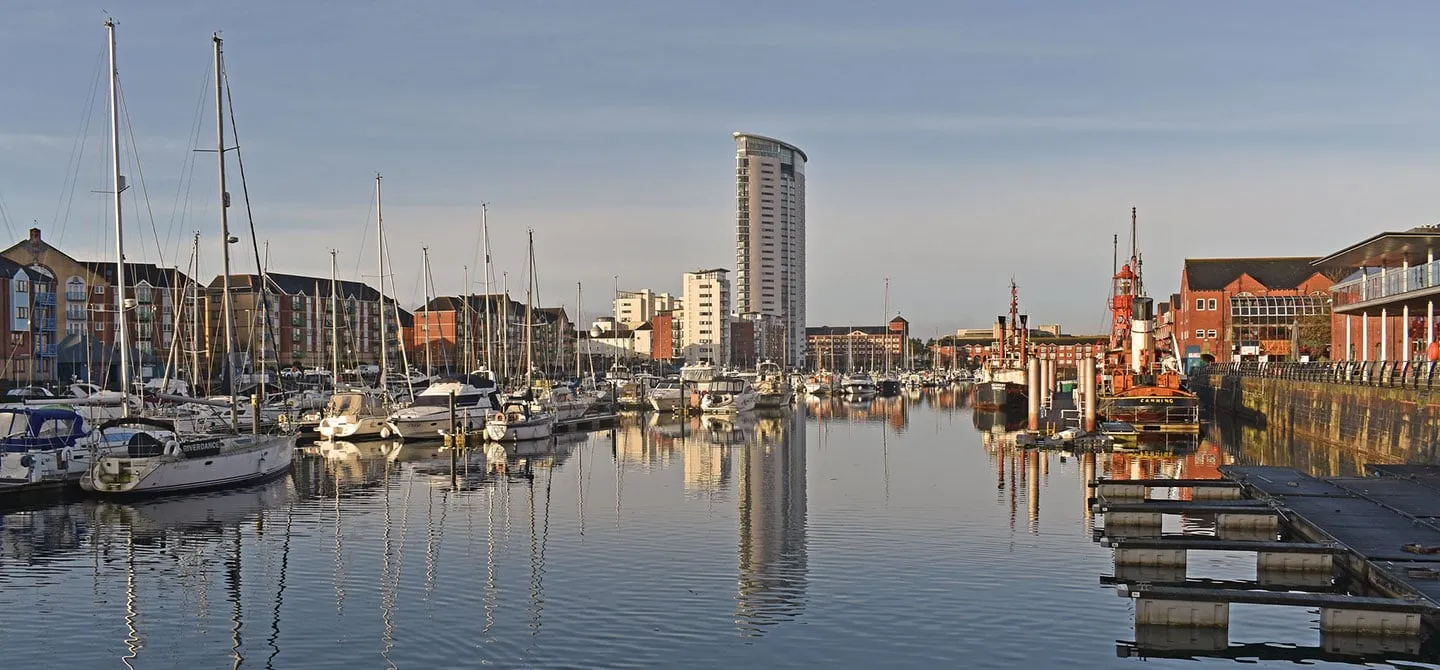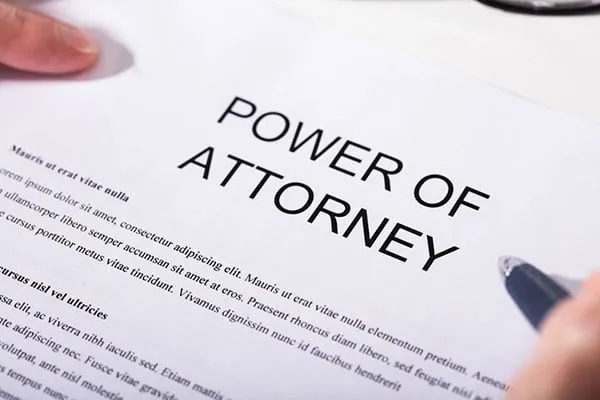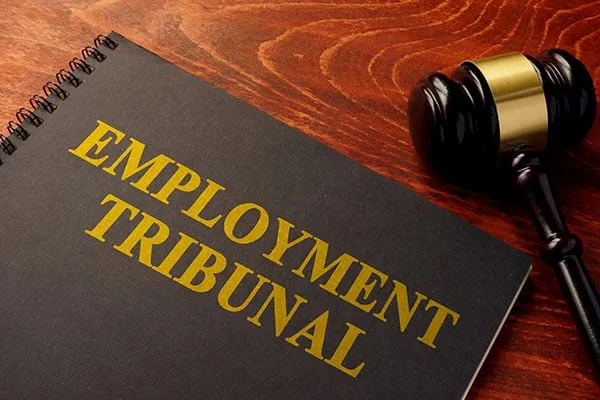
Swansea Legal Solutions
Experienced & Flexible Legal Support for Individuals, Families and Commercial Clients

We’re here to help you. Evening and home appointments available ….





Personal Legal Services
Personal Legal Services: Whatever your personal circumstances, we are able to offer guidance for life’s journey that is tailored to your needs. [Read more]


Care Fees Planning
Care Fees Planning: Planning for care home fees today will give you and your family peace of mind for tomorrow. [Read more]


Commercial Legal Services
Commercial Legal Services: Tailored commercial legal advice for businesses of all sizes from start-ups and small companies to medium and large organisations. [Read more]
Personal Legal Services
When the time comes when you may need legal advice, you’ll want to be sure that you’re dealing with real experts who will work quickly and efficiently to help you. Our services include:
Care Fees Planning
By planning for your future needs, and in particular in case you need care in your own home or a residential home, you will have the peace of mind knowing your wishes are completely catered for.
Plus your family won’t have to be concerned about having to find funds to look after you in your old age.
Commercial Legal Services
Through pragmatic, legal advice on a diverse range of commercial issues we can help you achieve your objectives in a way that is efficient, concise and effective. Importantly, our team has an impressive range of experience gained from running private companies. Our services include:
FAQ’s
Wills, Probate & Estate Administration
Why Do I Need A Will?
You need to a Will to ensure your assets go to the right people without delay.
If you die without a will, there are certain rules which dictate how the money, property or possessions should be allocated. This may not be the way that you would have wished your money and possessions to be distributed.
Unmarried partners and partners who have not registered a civil partnership cannot inherit from each other unless there is a will, so the death of one partner may create serious financial problems for the remaining partner.
If you have children, you will need to make a will so that arrangements for the children can be made if either one or both parents die.
Why You Should Avoid Making Your Own Will Online?
The danger of using an online website to create your DIY will may save time and money but in many instances, errors or inconsistencies in the will could lead to it being invalid.
Some do not offer the relevant legal advice you will need and hide future charges whilst others simply generate an automated document based on the answers you provided online rather than what is most appropriate for you.
What Is Probate And Why Do I Need It?
In England and Wales, probate is the legal and financial process of dealing with the property, money, and possessions (referred to as the assets) of a person who has died. Before a deceased’s assets can be claimed, distributed or sold by the next of kin or an executor, you may have to apply for Probate first, depending on stipulations in the will and the value of the assets.
For small estates with no property and less than £5,000 in the bank, probate isn’t likely to be needed. Banks and other financial institutions set their own limits for probate, so it’s worth checking with them whether they need a grant of representation to release funds.
Is Probate Required If There Is A Will?
The need for probate depends on the financial situation of the deceased person and not on whether there is a will or not. The process is very similar regardless if a will exists but some of the administration and terminology will be different.
If there is a will and probate is needed, then the executor needs apply for a grant of probate. If there is no will, then the administrator will need to apply for a grant of letters of administration.
What Is Estate Administration?
Estate administration is the process of handling a person’s legal and tax affairs after they have died. This means dealing with all of their assets (e.g. property, personal possessions, bank accounts etc.), paying any Inheritance tax and Income tax and distributing inheritance to the estate’s beneficiaries.
What Is The Difference Between Probate And Estate Administration?
The difference between probate and estate administration is that probate is just one part of the wider estate administration process. Probate provides you with the legal right to carry out the estate administration, including dealing with property, money and personal possessions.
Lasting Power of Attorney
Why Are Lasting Powers Of Attorney Important?
A Lasting Power of Attorney is important as one day you may need someone to make decisions or act on your behalf if you lose the capability to do so. This could be a temporary measure if you are hospitalised and need someone to help with everyday activities such as paying bills.
Or it could be a long-term need should you start to experience memory issues and would like your affairs to be taken care of in the future.
By having in place Lasting Powers of Attorney in place today, means you and your loved ones are clear about your wishes in the knowledge that these decisions were made whilst you were able to do so.
Also, having a Lasting Power of Attorney in place means you will avoid the stress and costs of your family or others applying to the Court of Protection, a process which can be long winded and complex.
What Is The Court Of Protection?
The Court of Protection is a specialist Court which looks after individuals who lack capacity to make decisions for themselves.
The Court can give these powers to someone else if there is a need for decisions to be made on an ongoing basis.
If the Court delegates these powers to someone else they will be known as a Deputy.
Why Would The Court Need To Appoint A Deputy?
If someone has not made a Lasting Power of Attorney and they lose capacity, then an application needs to be made to the Court of Protection asking the Court to appoint a Deputy.
The Court would appoint a Deputy to take care of someone’s finances or health and welfare when a person is no longer able to make those decisions.
What Is A Property Protection Trust?
A Property Protection Trust is a trust you put in your will so that your surviving spouse can continue living in your property, but the deceased’s share of the property is kept separate.
So others, most Usually children and loved ones, can inherit after the surviving spouse’s death.
Why Would I Consider Getting A Property Protection Trust?
The benefit of a Property Protection Trust is that the survivor can continue to live in the house until they die, but at least half the value of the estate is preserved for the children to inherit.
This is useful in case circumstances arise after one partner’s death, where their partner remarries, goes bankrupt, or there is a possibility of them incurring care costs.
Care Fees & Funeral Planning
How Much Should I Set Aside for Care Fees?
Unfortunately, there is no simple answer to this question because each individual’s needs are specific to them, as will be any premiums which will need to be paid.
Care fee annuity premiums for each client is individually calculated and will depend on the following factors as well as sex and age:
- the amount of benefit required;
- medical history and what options you require;
- escalation and or capital protection.
Can the annuity provider ever ask for more premium?
Once you have received and accepted a medically underwritten quote, once set up the provider can never request a further premium for continuing to provide the same benefits.
Obviously should you subsequently need to increase the income provided, for example if a move up to more expensive nursing care is required, then you may need to set up a new top up annuity, but they cannot increase the premium on the original policy no matter how long care is required for.
This is one of the advantages of a care fee annuity as it caps the cost of care and continues indefinitely.
Why Should I Plan for my Funeral Now?
By planning and setting aside funds for your funeral in advance means you can design and specify the exact type of service you’d like, so that your friends and family celebrate you as you wish.
And by letting your family know how you’d like your funeral or memorial service to be, they’ll have less difficult and complicated decisions to make during a difficult emotional time.
Importantly, by paying for your funeral in advance (usually through a monthly payment plan), means your children and loved ones won’t have to bear this financial burden once you have passed away.
Business, Employment & HR
Why Do I Need a Business Lasting Power of Attorney?
A business owner may already have Lasting Powers of Attorney (LPA’s) in place for their personal financial affairs as well as their health and welfare. However, in the majority of cases, the LPA’S that have been assigned in these circumstances will not be suitable for managing the affairs of a business.
In any event, having the same person dealing with both your personal and business affairs could create a conflict of interest that may render the LPA ineffective.
Much like LPA’s for personal affairs, business LPA’s allow a nominated individual or individuals to manage a business’ finances should the business owner or Director be unable to do so themselves.
Business LPA’s are suitable for all business owners including sole traders, partners or company Directors.
A Business LP would come into play if:
- the business owner develops a medical condition that means they no longer have the capacity to act
- the business owner has an accident and becomes temporarily unable to make commercial decisions
- the business owner is abroad and is therefore not on-site to be able to sign off on important matters
Why Do I Need HR Support in my Business?
Many companies may struggle if they don’t have an in-house HR Manager or any form of HR support at all, due mainly to constant changes in employment law. The answer is to use an outsourced HR service which can provide invaluable guidance with so many areas of business and people management.
The other benefits of using an outsourced HR service include:
- Provide Guidance with Employment Legislation
- Development of HR Policies & Procedures
- Help Avoid Business Disputes and Employment Tribunals
- Help With Change.
Why do Employers Use Settlement Agreements?
Employers will usually use a Settlement Agreement when they want to terminate a contract on terms mutually agreed with an employee. This is so that there is a clean break with no opportunity for the employee to take them to court or a tribunal for more money.
Settlement Agreements usually apply where the employer does not want to follow what could be a long, drawn-out process, such as a performance review or a full redundancy process, before being able to terminate an employee’s contract.
Also, where you already have issues about discrimination or have raised a grievance, the employer may want to circumvent a claim for constructive dismissal and/or discrimination.
Why Do I Need a Legal Advisor When Renting my Property?
Using a solicitor to deal with the rental of your property ensures that you are advised of current legal requirements providing you with peace of mind that you are keeping on the right side of the law as failure to do so may result in significant costs to you.

GJ : Swansea
“Professional, friendly and our advisor/s were thorough and explained everything in a way we could understand, given the complexity of the documents.”

DGP: Swansea
“Thank you for organising power of attorney, wills and trusts for us. It was a very pleasant experience for us and greatly to our benefit.”

Peter Clancy: Swansea
“Excellent service and friendly staff made a complicated process very easy. Highly recommended, definitely using again.”

GMH : Swansea
“After speaking to Gareth at Swansea Legal Solutions, he was able to put my legal/finances safe was able to explain what he’d done very clearly.”

MJH: Swansea
“My wife and I were very happy with Gareth’s help sorting out our legal requirements and finances.”

Mrs Harris
“Excellent service from start to finish.”











